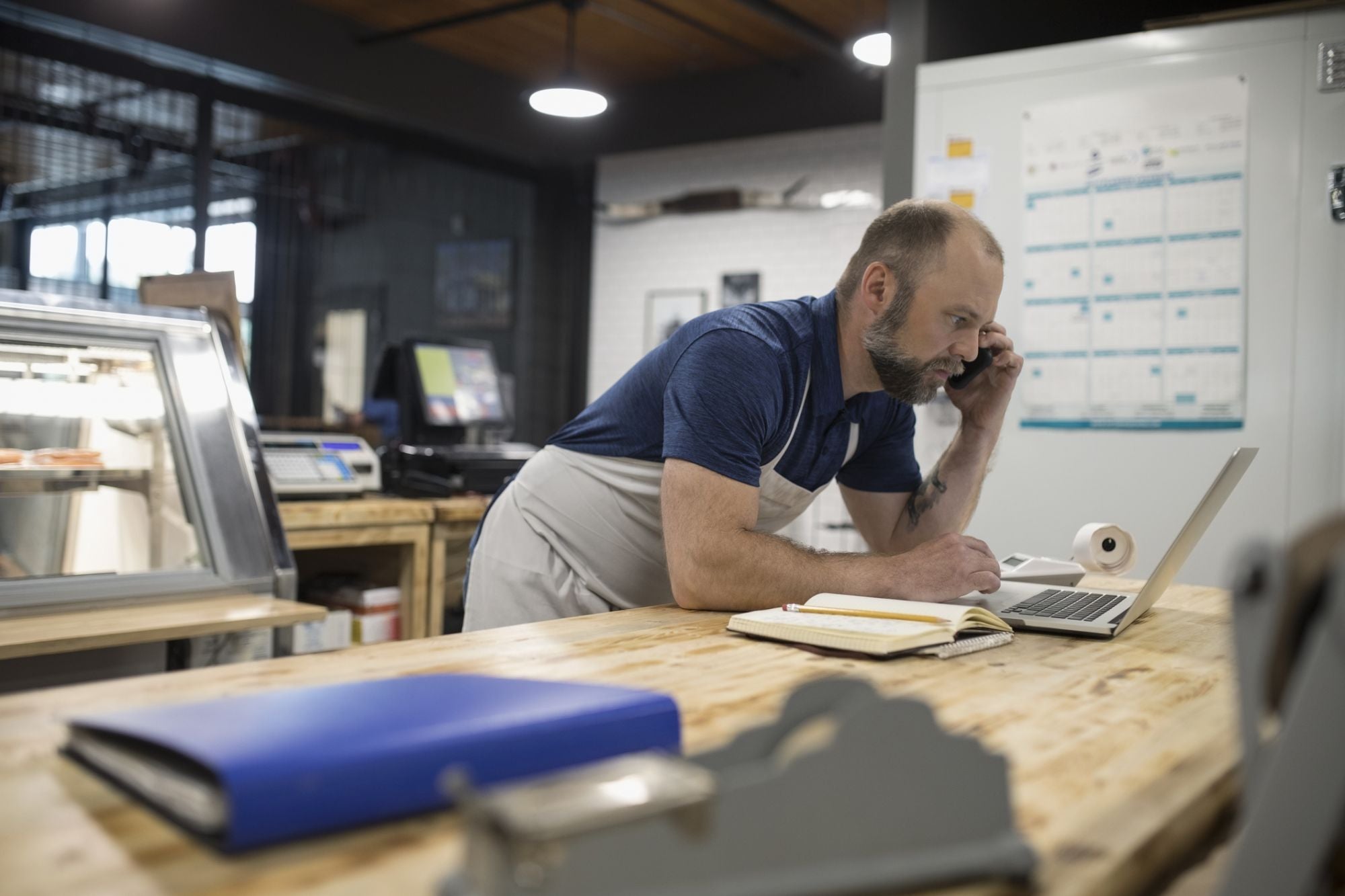Blockchain Is Not Only About Bitcoin Blockchain is neither a new monster in the zoo nor a trendy stuff that will deflate before we know it, but a serious technological development
Opinions expressed by Entrepreneur contributors are their own.
You're reading Entrepreneur Middle East, an international franchise of Entrepreneur Media.

Blockchain is considered a mini-revolution within the Fourth Industrial Revolution. What does that mean? Is it again another challenge for the entrepreneur to deal with on top of everything else? Is it another opportunity? If yes, you might ask: "How can I learn about it, use it, without getting lost in the crypto-mathematical formulae?"
Blockchain is the technology that supports the use of bitcoin, a cryptocurrency that is making central banks and governments nervous, and it is true that the latter are not sure whether to ban bitcoin, or embrace it, or hope it will vanish as another ephemeral hype. But blockchain is nowadays more than the technology that ensures the authenticity of bitcoin. It did start that way, but it has acquired new uses, opened new opportunities and charted new vistas.
Let's start with the beginnings, which always fascinate as they seem to tell the origin of the idea, the initial thinking behind the spark of genius, before the invention takes a life of its own and flourishes into an infinity of uses. These "foundational moments", as cultural critics would call them, can show us the intent behind the invention of bitcoin. Simply put, bitcoin is a digital currency set up to function without a central bank or entity to regulate it. The transactions are validated by nodal points spread over a network of computers called "miners," using crypto-mathematical formulas, which once solved will allow the "miners" to win more bitcoins. In just a few words, individuals (using computers) solve complex mathematical questions to validate the currency, and are related to each other via a secured and unchangeable chain of blocks, which makes tampering with the authenticity of the currency almost impossible.
The system, which was put together by a person or a group of people called Satoshi Nakamoto in 2008 to sustain and secure bitcoin, is blockchain. The blocks in blockchain are knots containing encrypted information, as well as a reference to the date of the creation, and the name of the previous block to which the current block is related in a chained manner. Any change to the chain will not overwrite the existing information, but will be added as a new block, after it has been validated by all the other blocks in the network.
But there was another beginning. As in all beginnings, the beginning keeps receding since with revolutionary ideas, like blockchain, there is no perfect beginning- in fact, all beginnings are perfect (or imperfect) in their own way. In 1997, way before the advent of bitcoin, Nick Szabo, an American computer scientist, legal scholar and cryptographer, set up the technological and legal basis for "smart contracts"- the contracts that can be authenticated and validated through secure protocols without a need for lawyers or notaries or other third parties. "Smart contracts" got a kickstart after the development of blockchain technology a dozen years later.
Why should an entrepreneur be concerned with all of this? Isn't this all "tech hype," as evanescent as the various daydreams about flying cars, medical labs on your smartphone, or microchips cleaning your body from malevolent cells? Future Thinkers don't think so: in fact, they have compiled a list of about 19 industries that blockchain will disrupt. These include banking and payments, cyber security, supply chain, forecasting, internet of things, insurance, transport, government, clouding, voting, and so on. Each of these sectors is already witnessing different uses of technology by burgeoning startups that seek to innovate, or be competitive, or improve the way things have been done so far. The circle is widening day by the day, and only few years after the beginning, it's not about bitcoin only anymore.
Entrepreneurs need an answer to the following questions: "What is it in it for me? Why should I use blockchain technology?" The answers are simple too- blockchain is highly secure, especially with regards to contracts and financial transactions. This technology cuts out the middleman, and therefore significantly reduces costs. It is distributed (decentralized) and therefore non-regulated by a central entity, which could be at the mercy of political or other considerations. It is efficient, faster, democratic, participatory and transparent. And what should entrepreneurs and governments do to be prepared for or take advantage of blockchain? It's true that there is a lot of hype about blockchain, but the truth is that some sectors are already feeling the change. The savvy entrepreneur should jump on the bandwagon, rather than wait and see.
Firstly, governments should understand that blockchain technology could bring a set of opportunities with regard to storing data, contracts, titles, and official documents. But those on the vanguard of change -like the UAE, Singapore, Georgia, UK, Estonia- should set the example by designing laws and policies to help set the right environment for the use of this revolutionary technology.
Entrepreneurs should also be ready to get involved and see an opportunity to do better, reduce cost, and be more effective. Banks and financial institutions could use it to speed up transactions; cybersecurity firms could rely on the participatory and cryptographic aspects to ensure improved safety and security; participatory transportation could, with blockchain, function without middlemen; startups in this field could help set up systems that become autonomous once the users become knowledgeable of how to use it; distribution of energy could cut the huge cost related to distribution and centralized management. Hence, small businesses and cooperatives could be created to teach and train users on how to buy from producers and distribute to users.
Blockchain is neither a new monster in the zoo, nor a trend that will deflate before we know it. It is a serious technological development that will revolutionize so many sectors, provided governments and entrepreneurs invest in it now, before it becomes a reality that imposes itself when the others will have already reaped the benefit of having been pioneers. And that reality will dawn on everyone soon- probably sooner than we think.
Related: Seeing Failure As An Opportunity To Learn From (And Leapfrog Into Success)













